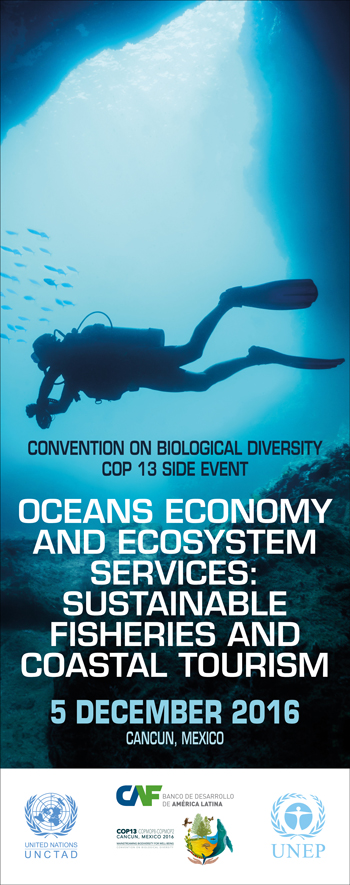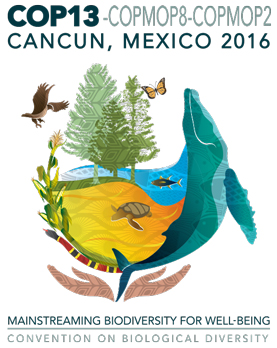Justification: The value of the global ocean-based economic sectors is estimated between USD 3-6 trillion/year . More than 3 billion people rely on the oceans for their livelihoods and more than 350 million jobs are linked to oceans worldwide . However, these numbers seem small if compared to the value that marine ecosystems services can provide to humanity. The value of the ecosystem is estimated at USD 30 billion annually and takes the form of oxygen clean water generation; temperature regulation; seaways; landscape services; and the provisions of fish and other essential marine resources. Today, many countries are realizing the importance of healthy, productive and resilient oceans and seas in the quest for a more sustainable future for all.
Economic incentives as well as regulations determine the scope on which private economic actors define their harvest, trade and investment strategies. Fisheries and tourism are perhaps two of the most important oceans economic sectors for developing countries, especially SIDS and LDCs. These two sectors contribute significantly to their GDP, food security, trade balance and are a source of hard currency and employment.
Today, there are many incentives that can impact sustainable use of marine resources linked to these sectors. On the negative side, fish and fuel subsidies do not only promote overfishing and overcapacity but also increase the level of GHG emissions. Lack of effective regulations on land use, water treatment, and coastal protection by tourist operations can in time destroy the same endowment base that attracted investment. Positive incentives such as BioTrade and targeted eco-certification as well as regulations linked to the fight against IUU and trade of marine endangered species could be important contributors to biodiversity and ecosystem conservation.
Sustainable Development Goal (SDG) 14 of the 2030 Agenda is exclusively dedicated to oceans and commits UN Member States “to conserve and sustainably use the oceans, seas and marine resources for sustainable development”. Specific targets on SDG 14 such as to tackle Illegal, Unreported and Unregulated (IUU) fishing and certain forms of fish subsidies; conserve at least 10 per cent of coastal and marine areas; provide access for small-scale artisanal fishers to marine resources; increase the economic benefits to SIDS and LDCs from the sustainable use of marine resources; and enhance the conservation and sustainable use of oceans and their resources by implementing international law as reflected in UNCLOS show the importance to discuss the right incentives and policy mix. Aichi targets 3 (negative and positive incentives), 4 (sustainable production and consumption), 6 (sustainable management of living marine resources) and 14 (value ecosystem are restored and safeguarded) are also particularly relevant in this regard.
Objective: This side event will seek to raise awareness and to discuss novel international and regional approaches to address harmful incentives to marine biodiversity and ecosystem conservation and maximize the use of beneficial ones in key sustainable oceans economic sector such as fisheries and tourism, and their interlinkages under an ecosystem approach, for the advancement of SDG14 and Aichi targets.


